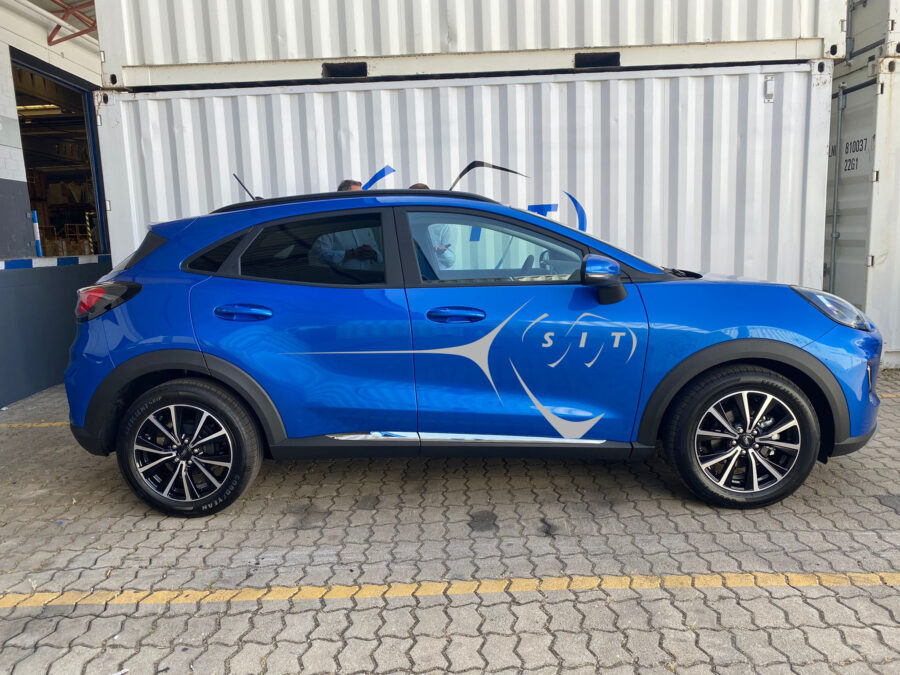
When we talk about sustainable mobility, the first things we probably think of are electric cars, public transport, and ways to reduce pollutant emissions when we travel around our cities. Few people will relate the subject to international freight transport.
But it is nevertheless one of the key objectives of many countries in the world in the area of sustainability.
Although freight transport is not one of the main factors in the production of emissions, it is an important factor: it accounts for 35% of total emissions.
International mobility as a polluting factor is becoming more and more significant, especially since the rise of e-commerce and internet shopping, which crosses continents every day to reach their destination. In Spain, cities such as Valencia, Madrid and Barcelona are already taking measures to make the goods distribution process as sustainable as possible.
And this change is also reaching companies, which at the individual level are also beginning to apply protocols and implement new processes to reduce emissions from international transport. Today, many companies in the international mobility sector are beginning to be aware of the importance of being willing to be part of the change.

This is the case of Sit SPAIN, thanks to the constant renewal of our environmental policies. Specifically, we have a fleet of vehicles with Euro6 engines. That is to say, trucks with lower CO2 emissions, with which it is possible to reduce greenhouse gas emissions. Our company has a challenge: to reduce emissions and become neutral. For this reason, Sit SPAIN also implements initiatives that compensate the carbon dioxide generated by our trucks with activities committed to the environment.